Understanding The Partisans
a Webquest for Grades 6-12
“Only by striving for a better understanding between peoples can we hope for peace.”
—Mira Shelub, Jewish partisan
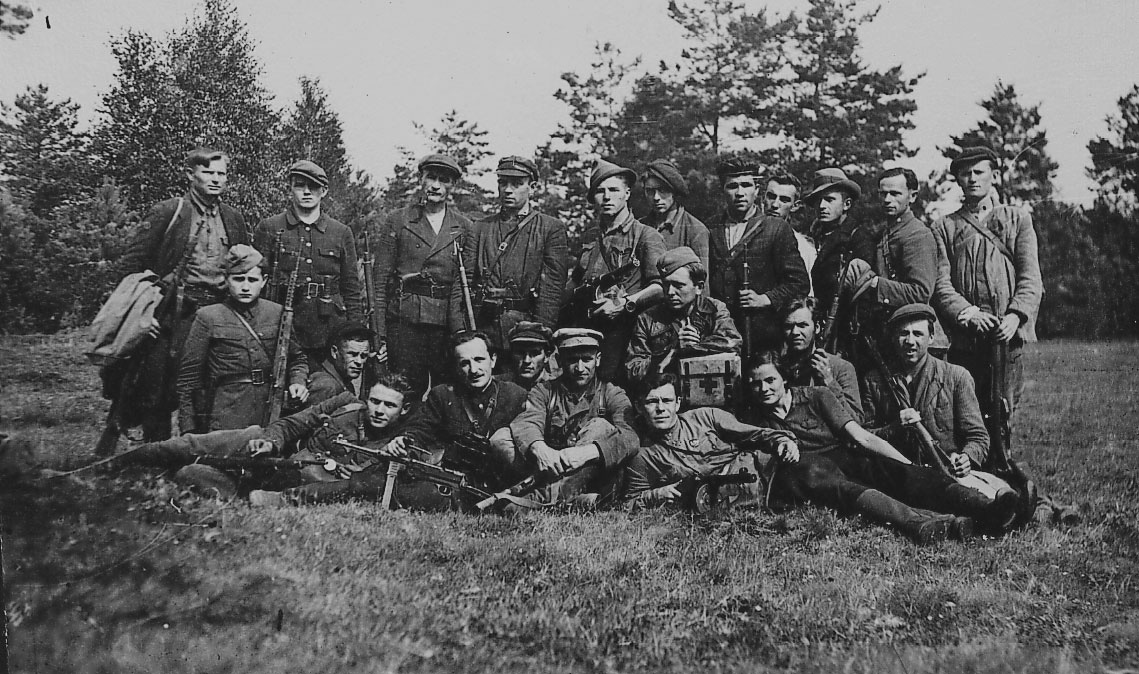
par⋅ti⋅san noun
a member of a group of people who join together to fight an enemy that has taken control of their country by military force
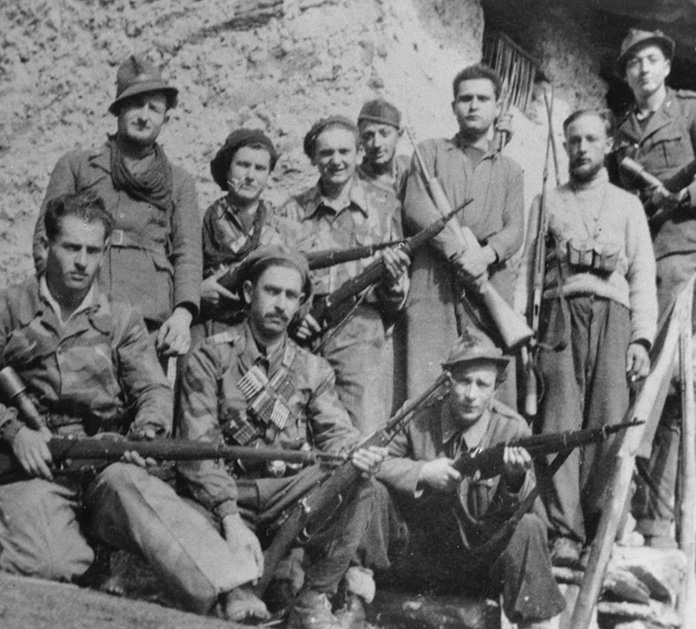
During the Holocaust, approximately 30,000 Jews joined or formed armed resistance groups as a last resort to survive.
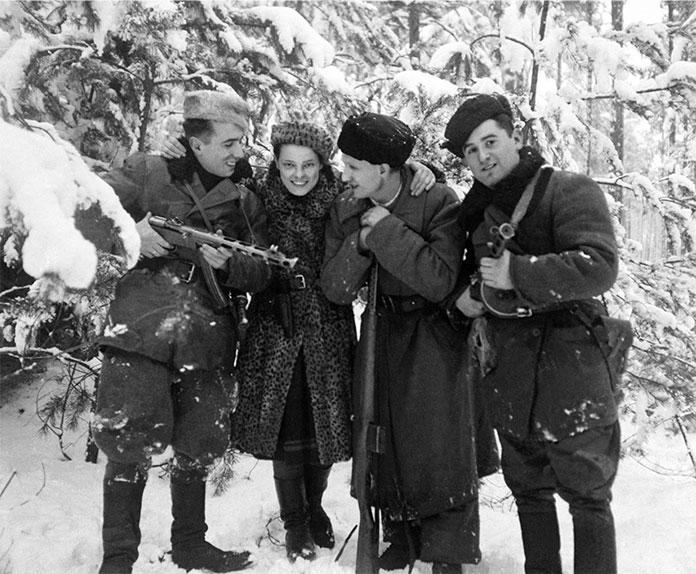
Many of them were ordinary teenagers that escaped the ghettos and work camps created for their extermination. Forced to hide in the forests and mountains, these Jewish partisans, along with hundreds of thousands of non-Jewish partisans, fought the enemy throughout much of Europe and the Soviet Union, helping to turn the tide of the war.
Jewish partisans attacked military and strategic targets, destroying enemy power plants, factories, and thousands of Nazi supply trains, convoys, and bridges. They forced the Nazis to expend significant resources combating them, diverting their focus from fighting the Allies. Most successful partisan activities took place under the camouflage of night and with the help of the local population.
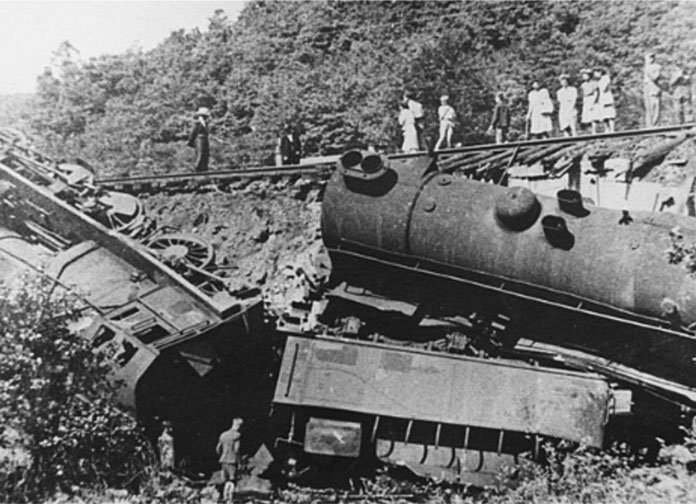
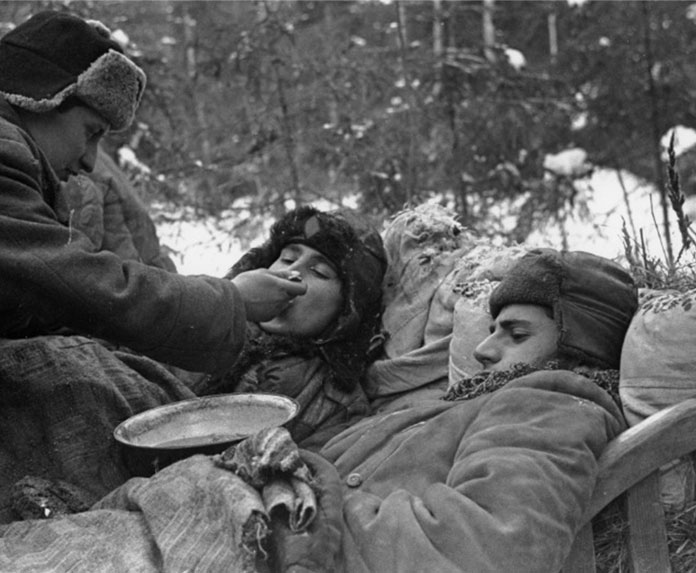
Jewish partisans lived under harsh conditions without real shelter to protect them from freezing temperatures and storms. Medical supplies were scarce, and partisans died from infection and disease. Bandages were washed and reused whenever possible. Yet despite their extreme circumstances, Jewish partisans found ways to save thousands of lives, in some cases, literally breaking Jews out of ghettos.
While the partisans resisted the Nazis and their collaborators in armed groups, Jewish people throughout Europe resisted in a variety of other ways. Some risked their lives to smuggle children to safety. Others created fake documents to ensure safe passage for Jews to non-occupied countries. Jews in work camps sabotaged guns and other products the Nazis forced them to make. And by observing Jewish religious practices when it was dangerous or deadly to do so, many Jews engaged in spiritual resistance against their oppressors.
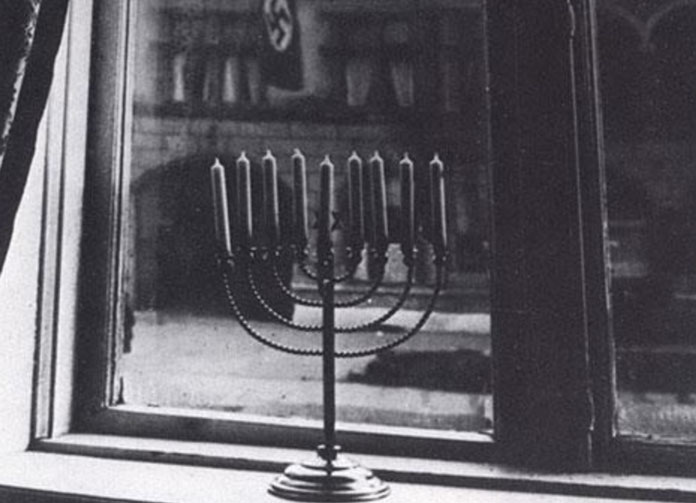
In this webquest, you will explore the role of empathy in maintaining a healthy society. You will choose a partisan, learn their story, and understand their motivations, interactions, and goals during the war. You will see how a teenager did enormous good for others in the face of unthinkable circumstances. And though you do not face challenges anything like those the partisans faced, you also have the ability to positively impact the world—by acting with empathy.
This begins with offering your understanding to a single person.